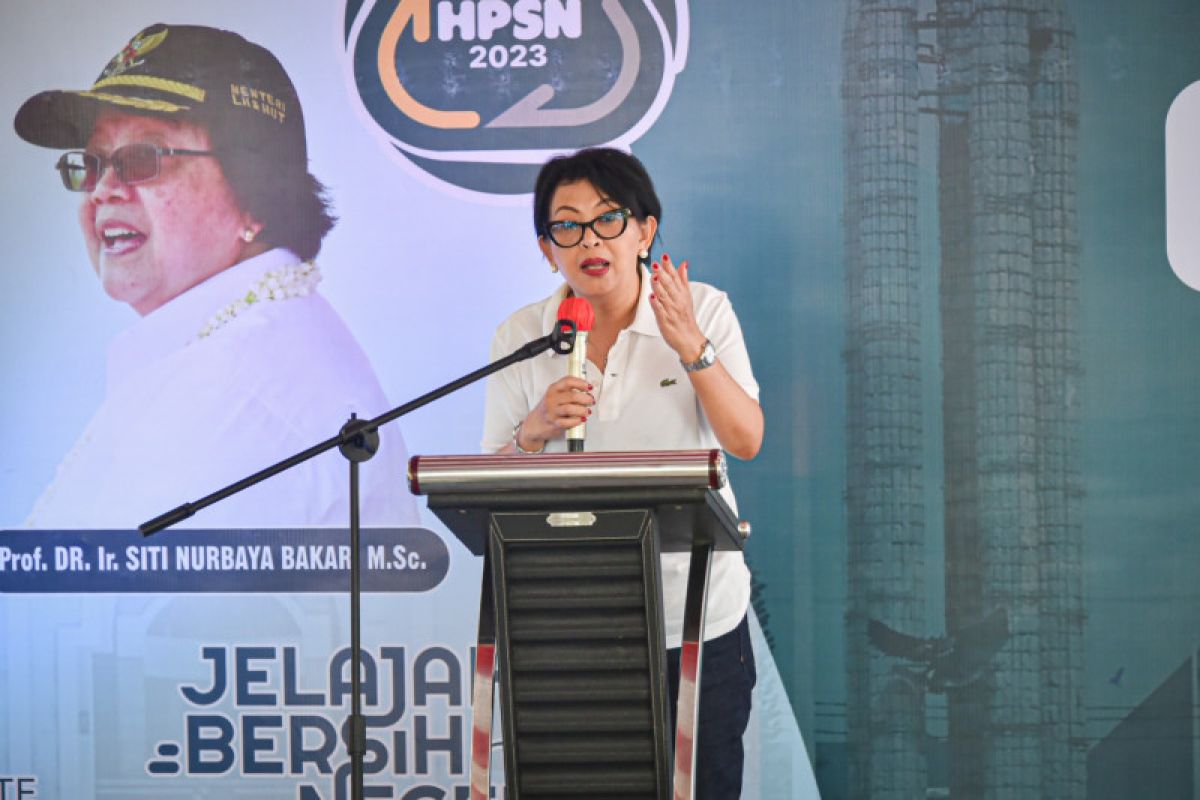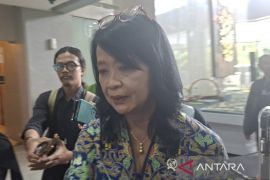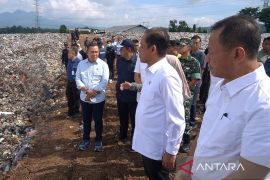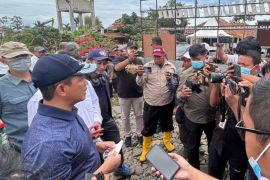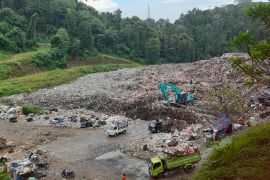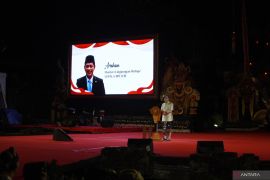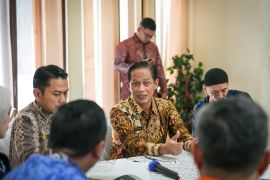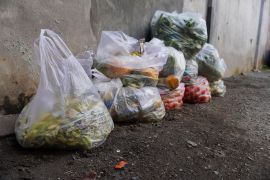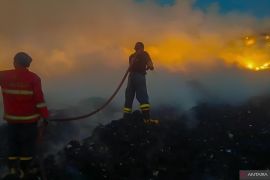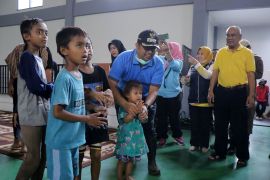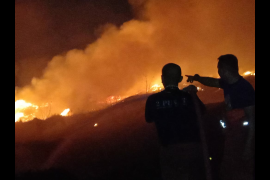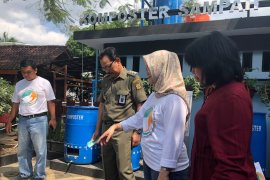Methane gas from landfills will be utilized in order to reduce carbon emissions produced by waste, especially organic waste, she explained.
"If waste can be managed well, then it will contribute to the reduction of greenhouse gas emissions," she said.
According to the ministry's National Waste Management Information System (SISPN), Indonesia has 531 landfills spread out from Aceh to Papua.
In 2022, the volume of waste reached 18.89 million tons per year, with food leftovers, which mostly came from households, constituting 41 percent of the waste.
If people pass a landfill and smell something rotten, it means that the landfill has a lot of organic waste, she informed.
Meanwhile, if there is no rotten smell emanating from a landfill, that means that the landfill only has residue or inorganic waste that is difficult to decompose.
According to Ratnawati, organic waste produces methane gas that can be processed into electricity.
She then gave the example of the landfill in Semarang, Central Java, which utilizes methane gas.
When the trash hill landslide tragedy occurred at Leuwigajah landfill in Cimahi, West Java, on February 21, 2005, the main trigger of the incident was methane gas, which caused an explosion.
The landslide buried two settlements and killed 157 people.
On the 2023 National Waste Awareness Day (HPSN), Ratnawati urged everyone to learn from the landslide incident, which showed that unmanaged waste can claim people's lives.
"Within the momentum of HPSN, we are now moving toward zero waste, zero emissions," she remarked.
Related news: Ministry aims for zero new landfills from 2030
Related news: W Jakarta using black fly maggots to process organic waste
Related news: Enviro Ministry cautions against dumping COVID-19 waste into landfills
Translator: Sugiharto P, Fadhli Ruhman
Editor: Azis Kurmala
Copyright © ANTARA 2023
